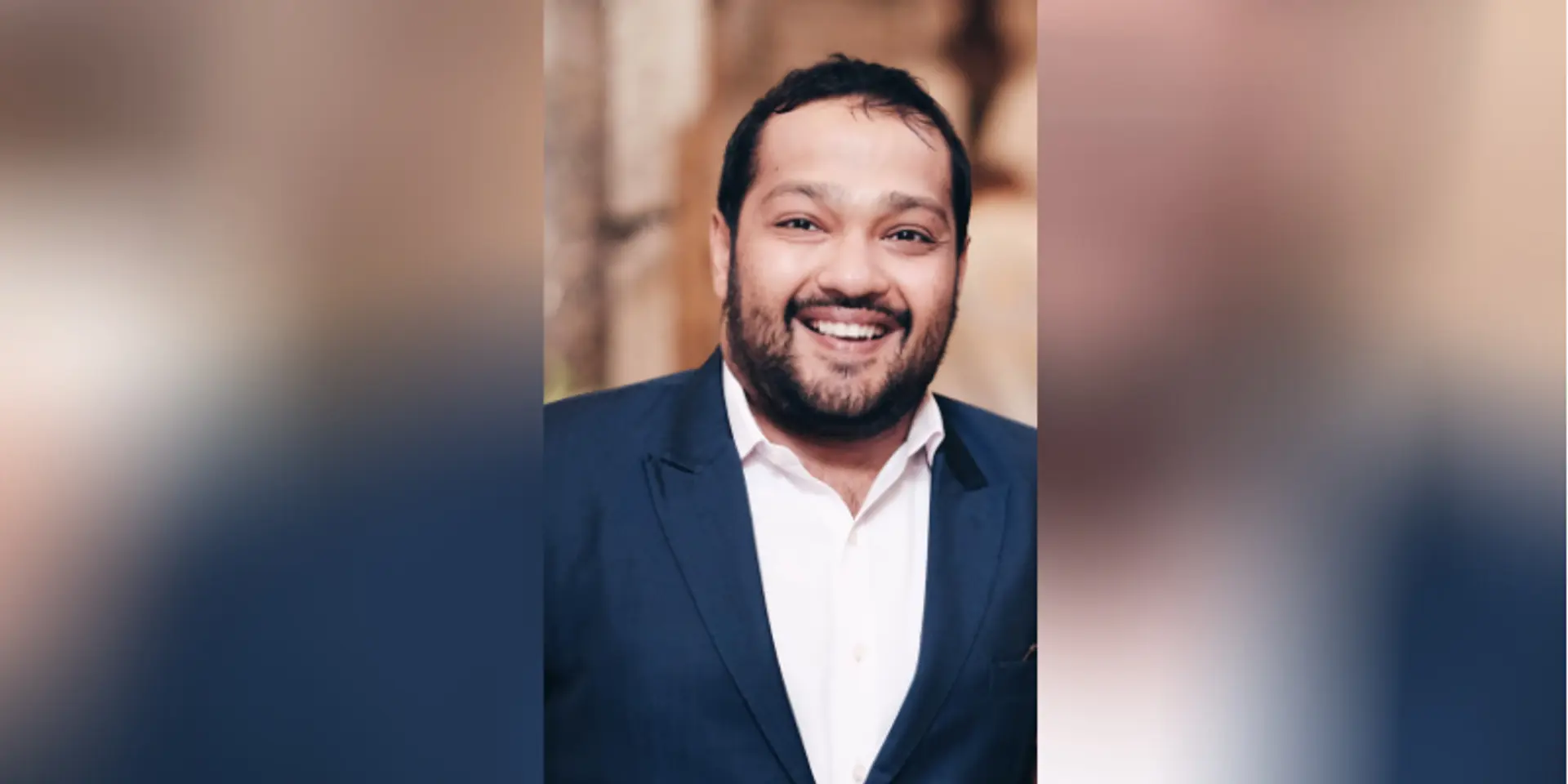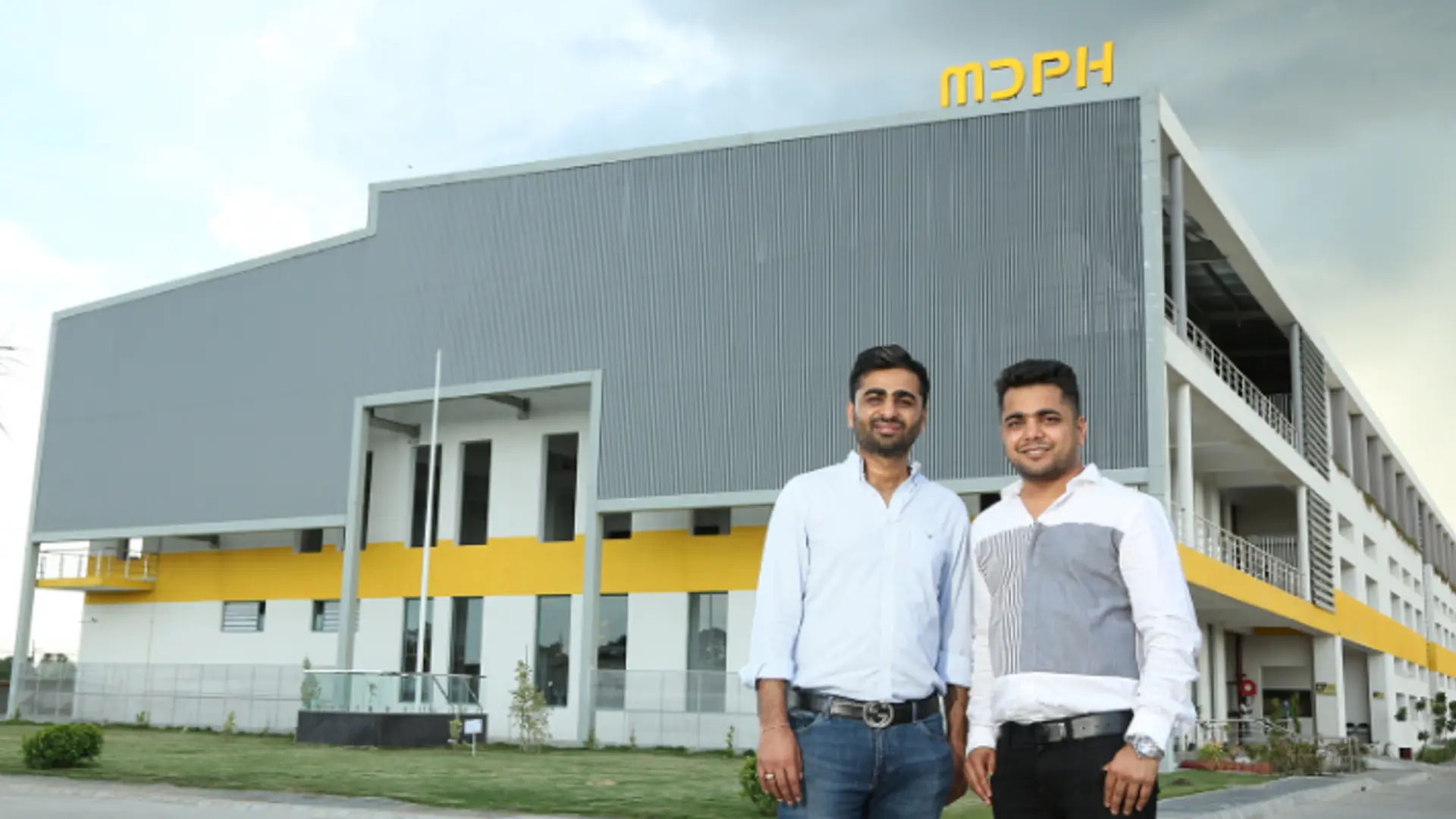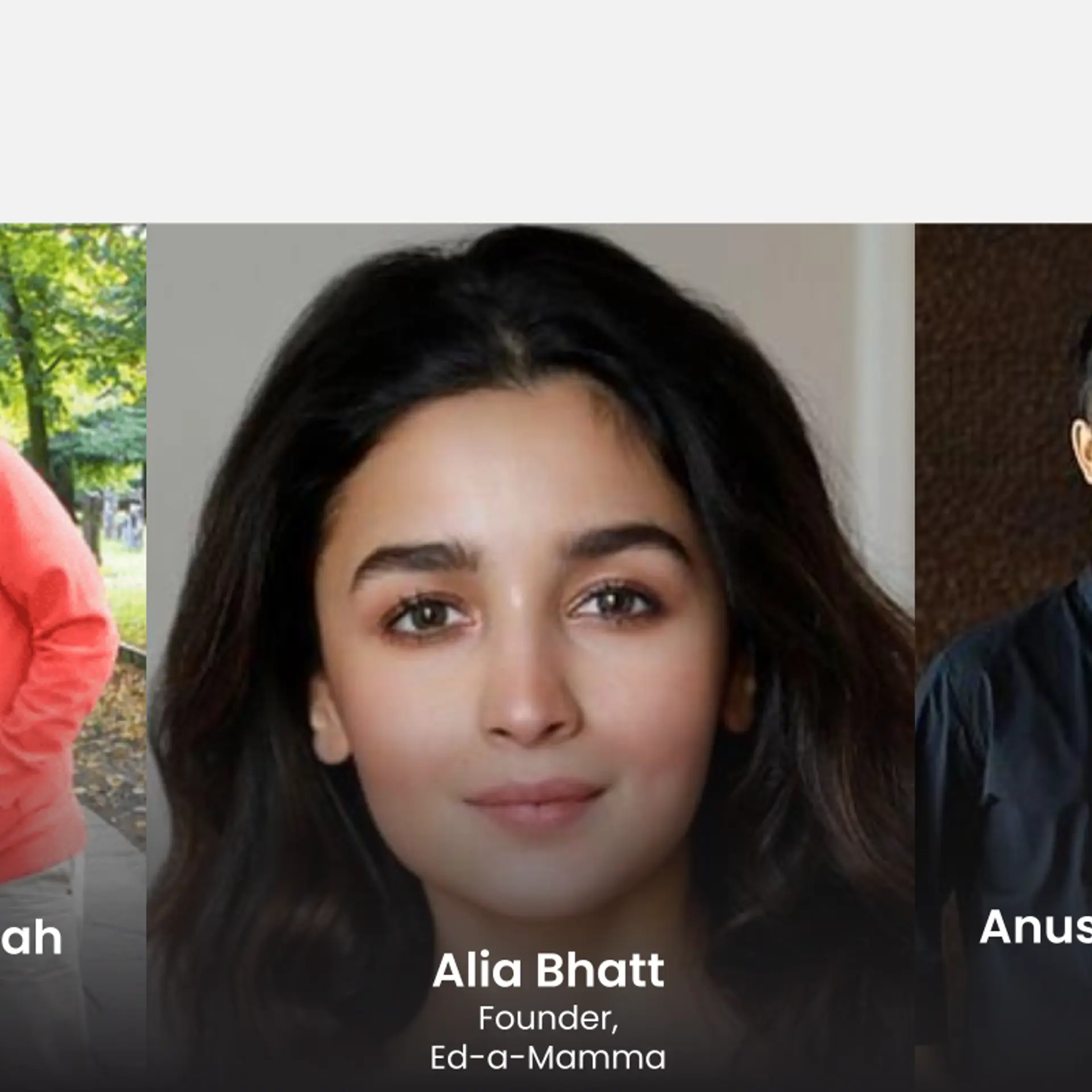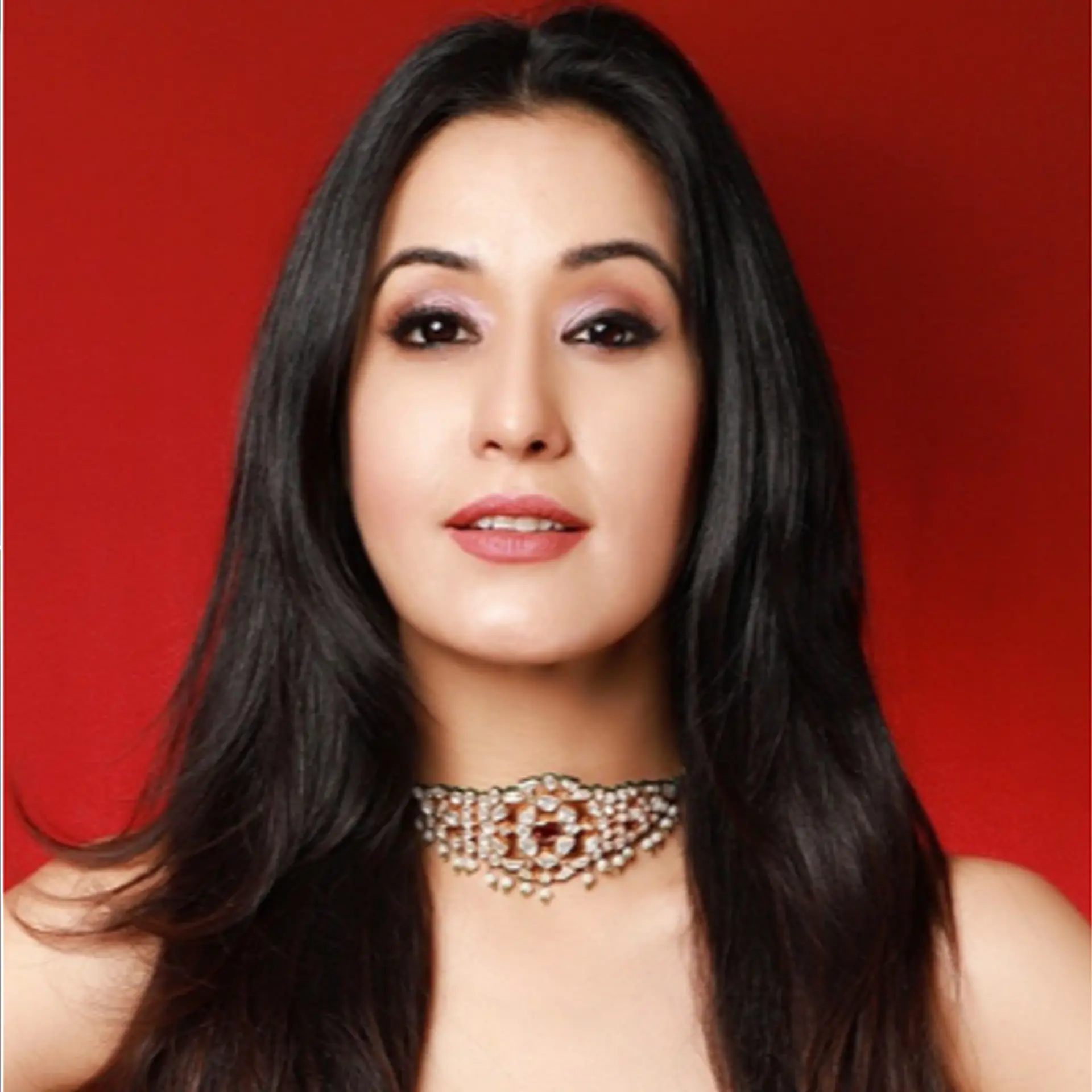How a Vedanta scion aims to manufacture sustainable products using aluminium dross
A scion of Vedanta Group, one of India’s largest aluminium producers, Naivedya Agarwal founded Runaya in 2017 to seize the market of aluminium dross, which now rakes in Rs 150 crore turnover.
Aluminium, the second most used metal in the world, has an annual consumption of 88 million tonnes (including scrap) and is a crucial sector of the Indian economy that boasts of vast mineral potential.
Domestic aluminium exports registered 18.2 percent growth from 1.724 million tonnes in 2017-18 to 2.038 million tonnes in 2018-19.
Though India is expected to continue to be among the major hubs of primary production growth, there is a need to provide sustainable solutions for the dross generated as the byproduct in the processing of aluminium.
Naivedya Agarwal, Founder of Runaya, says that 1.5 percent dross is generated in the production of aluminium and globally, over 10 lakh tonnes of this hazardous waste is generated annually for which there was no sustainable solution.
A scion of Group, one of India’s largest aluminium producers, Naivedya decided to start a business of his own to seize the opportunities dross generated to recover potential metal and develop new products.
Founded in 2017 by Naivedya and his brother Annanya Agarwal, Runaya is a manufacturing startup that leverages technology and relationships with global partners to create innovative solutions in the resources sector.
In a conversation with SMBStory, Naivedya discusses the potential of the business, its challenges, and the way forward.
Edited excerpts from the interview:
SMBStory: How does Runaya make potential metal through the dross and where do you collect aluminium byproduct from?
Naivedya Agarwal: Runaya leverages technology to create sustainable solutions in the metal resources sector and aims to revolutionise the resources industry by creating innovative solutions, concurrent with the vision of Atmanirbhar Bharat and Make In India. We are based out of Mumbai while our operational sites are at Jharsuguda (Odisha), Bhilwara (Rajasthan), and Silvassa.
There are two main businesses-sustainability solutions and manufacturing of high-technology products
We have established a sustainability and recovery project in Orissa, where we are processing 100 percent of aluminium dross recovered from Vedanta via a patented German technology through a two-stage hot and cold recovery process and recover 40 percent of aluminium by weight.
The remaining residue is briquetted using binders that make slag briquettes and find a premium application as an additive in the steel industry. Naivedya says that the company plans to recover aluminium from Nalco and Hindalco in the future.
In three years, Runaya has grown and now makes Rs 150 crore turnover. We aim to clock Rs 425 crore in FY 2021-22 based on current operations and projects under execution and commissioning.
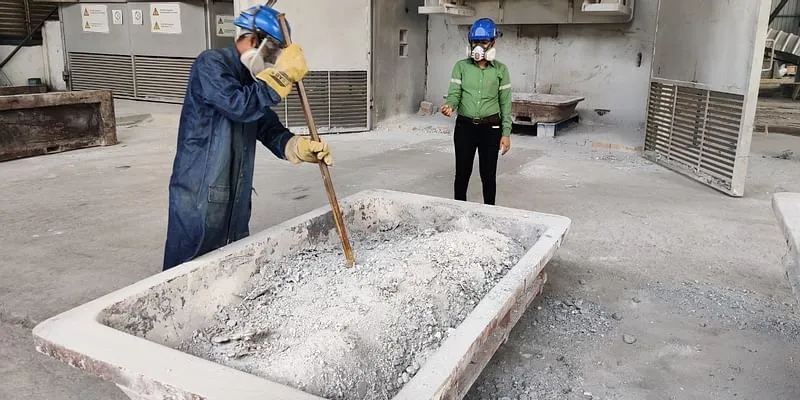
Runaya's manufacturing plant
SMBS: How are you manufacturing high technology products?
NA: We have a joint venture with Orica of Australia, a conglomerate worth AUD 6 billion and global leaders in commercial explosives. Minova, a 100 percent subsidiary of Orica, is a world leaders in underground tunnel and mining support systems with global operations and markets.
This would change the entire landscape of safety standards and performance of the country’s infrastructure, tunnelling and mining industry.
We are planning to manufacture high-technology Fiber Reinforced Plastic rods that can be leveraged in the telecommunication industry including Fiber Optic Cables. This project is also in its final stages with commissioning this month. The current capacity being installed is one million kilometres.
We are also piloting an Innovation Centre to pioneer identification of new processes and applications in the space of metal recoveries, waste to wealth, and studies in areas of minimising the impact on the environment and enhancing sustainability.
SMBS: What are your key business challenges and how do you deal with the competition?
NA: We are a customer-focused organisation and therefore, believe in providing our customers with a solution and not just a product. Oftentimes, we are competing with supplies that are of a lower cost and quality. Therefore, a key challenge is to align our customers to the long-term benefits of partnering with us rather than short term cost savings.
Given we are a pioneer in most of our products, we see an opportunity to not only take market share but actually create the market altogether. For example, our Dross Processing Business is the first-of-its-kind in the country.
Runaya has implemented an innovative and sustainable model to eliminate waste and recover metal through a patented cutting-edge technology — a three-stage process (hot processing, cold processing, and slag conditioning) to process the mining waste and maximize metal recovery. Through this technology, which ensures 100 percent utilisation of waste, we are striving to disrupt the resources industry; currently, even the best practices in the industry can only process 50 percent of waste.
Our Ground Support solutions business will see huge growth with the government’s focus on the development of National Highways and Railways, all of which require tunnel development. This is a massive opportunity for us, as is the opening up of the mining sector for all minerals including coal.
Our technology and product also set us apart from the competition. For instance, in our Ground Support systems business, our products improve safety performance through a zero rate of failure, and our Resins have the shortest drying time improving the productivity of tunnel development.
SMBS: What are your future prospects?
NA: Apart from expansion of our existing businesses, we are now actively working on developing a portfolio of new projects in partnership and collaborations with global majors in areas of Gas Atomised Powder Metallurgy with applications in Space, Defence and Solar, and products in rare earth minerals.
We are also setting up a Minor Metal Recovery complex to recover metals such as Cadmium, Copper Dross, Copper Matte, etc., which are found in the mining chain of Zinc, Copper, and Silver that will be commissioned in March 2021.
Edited by Saheli Sen Gupta


